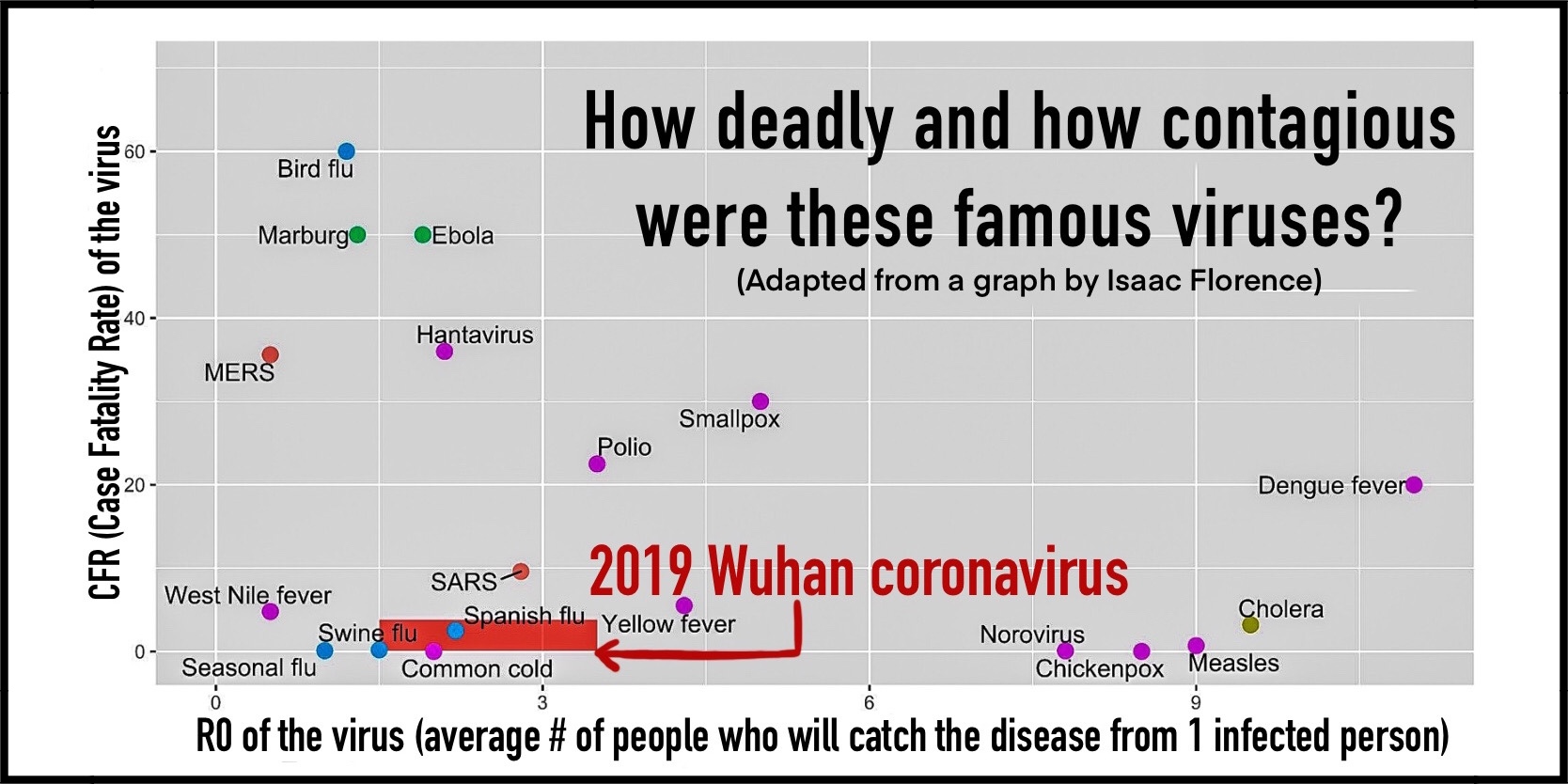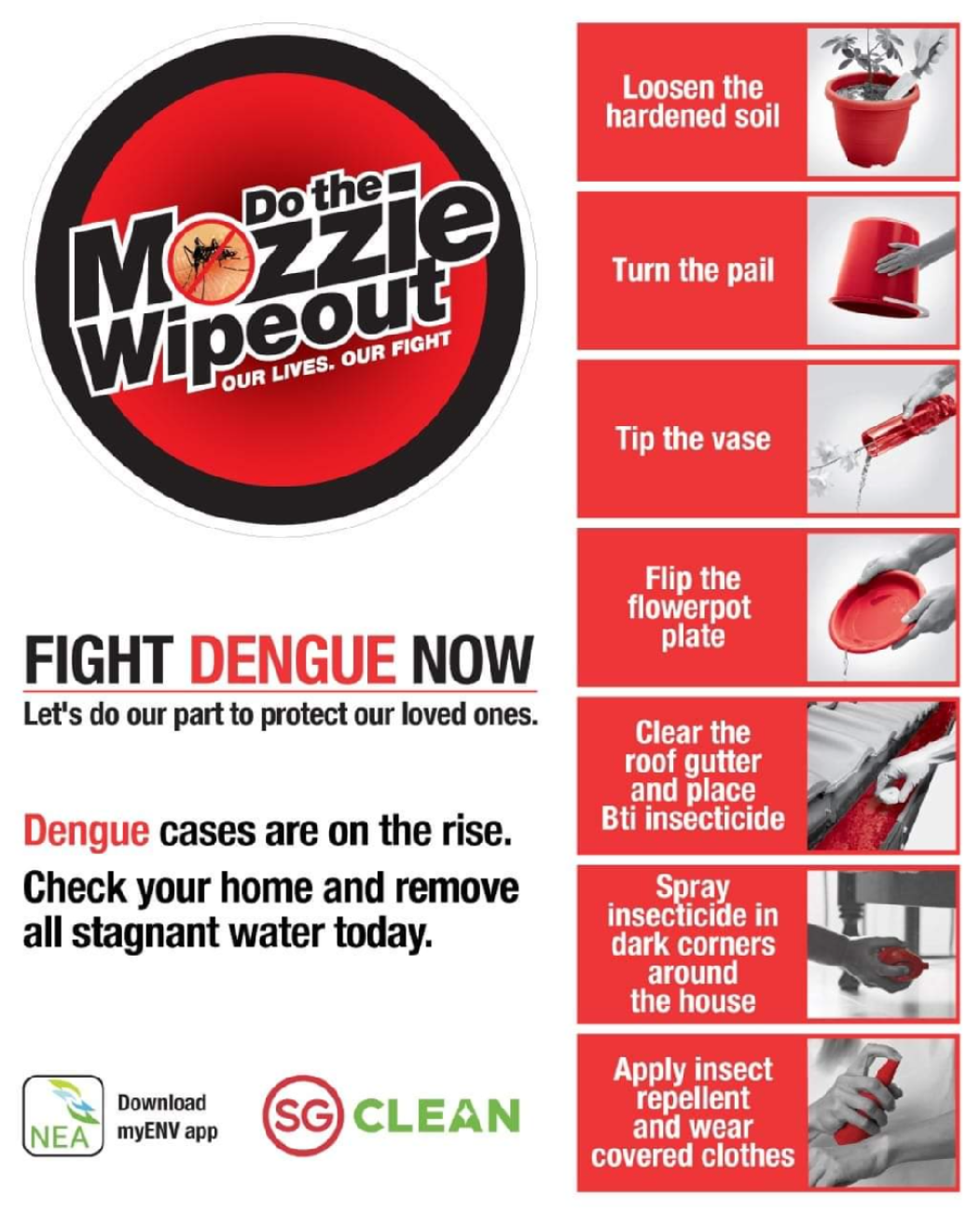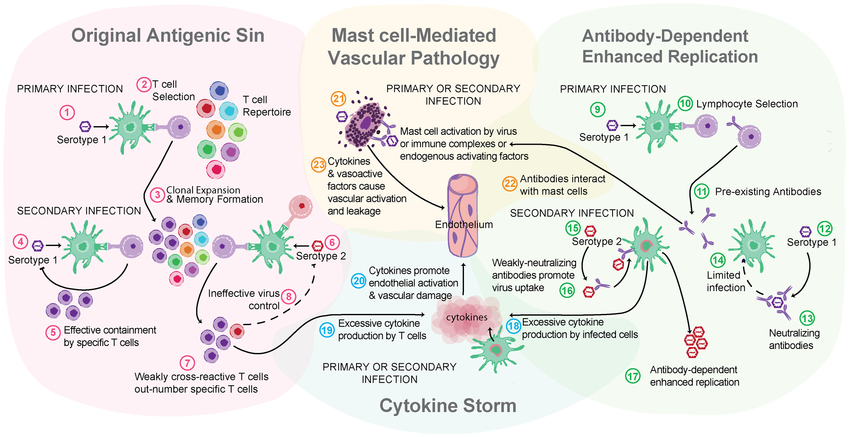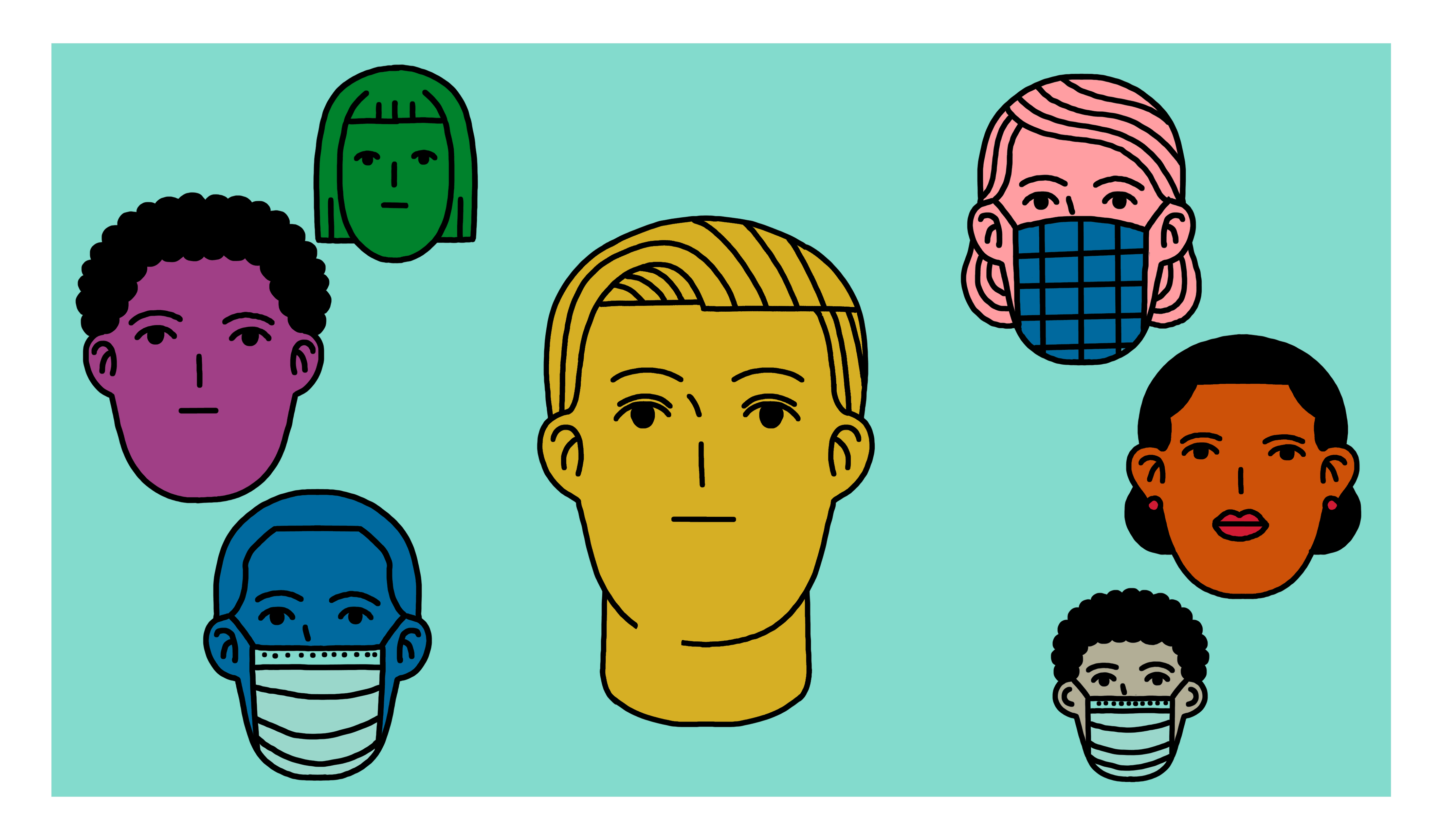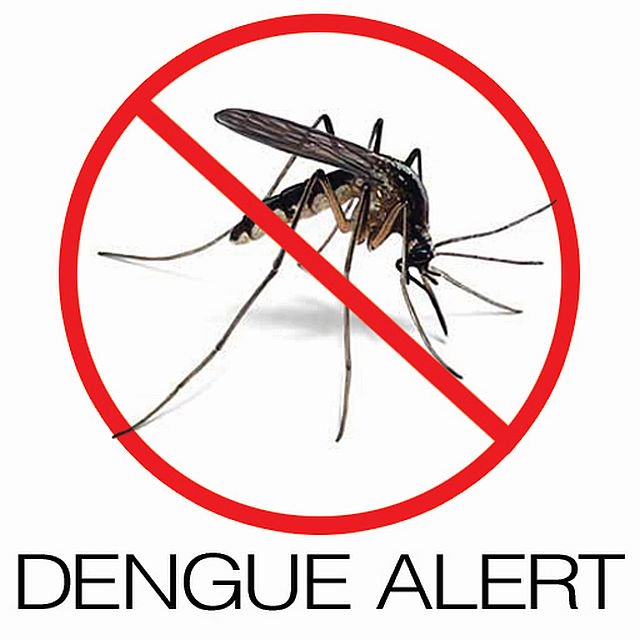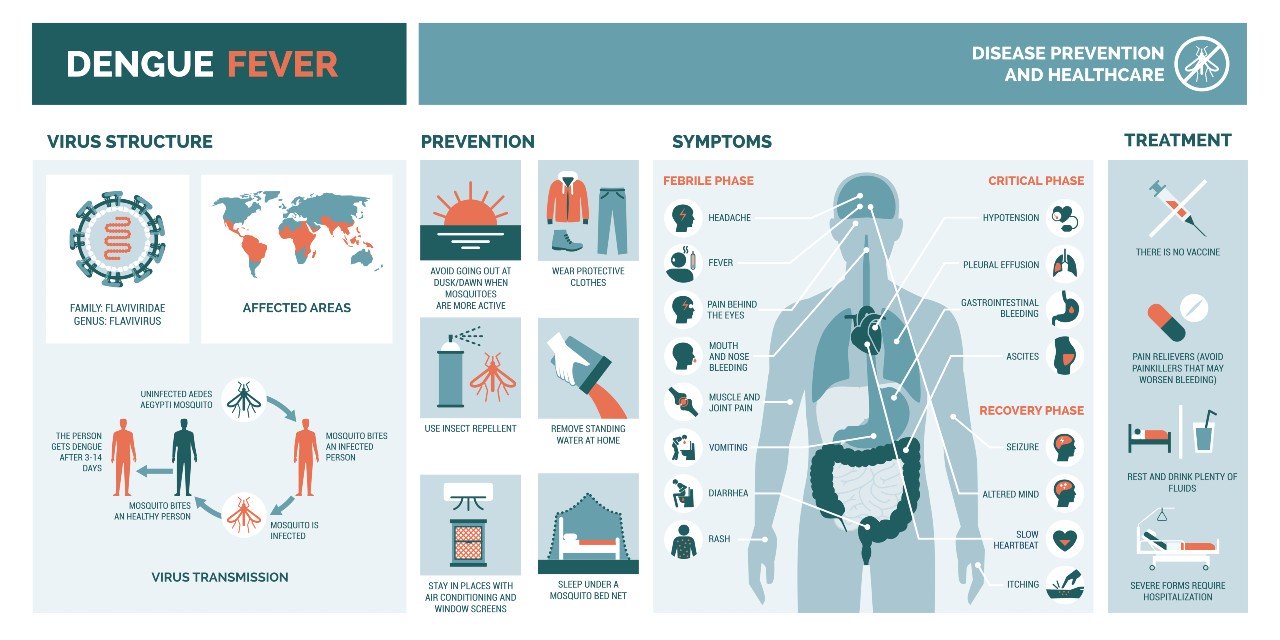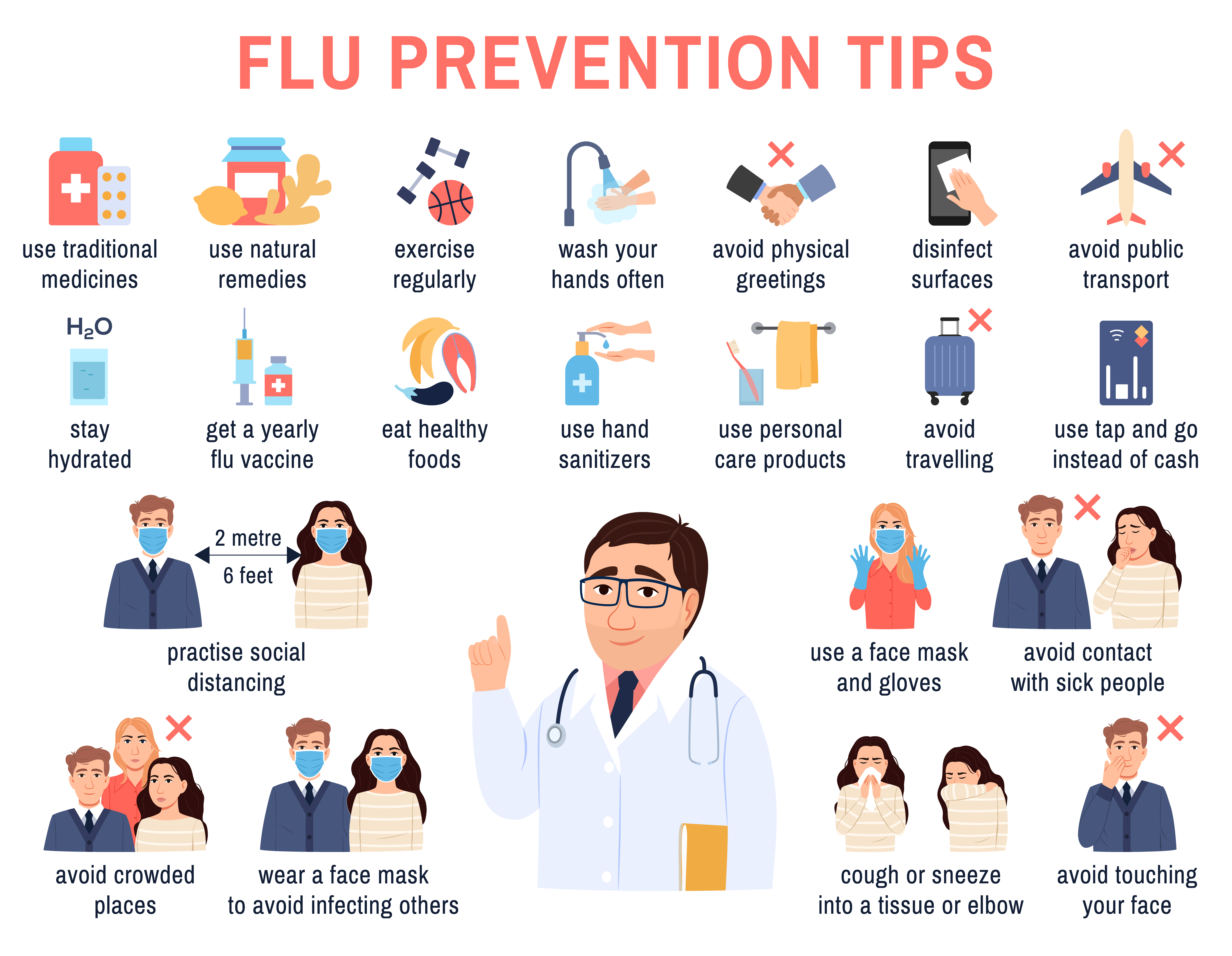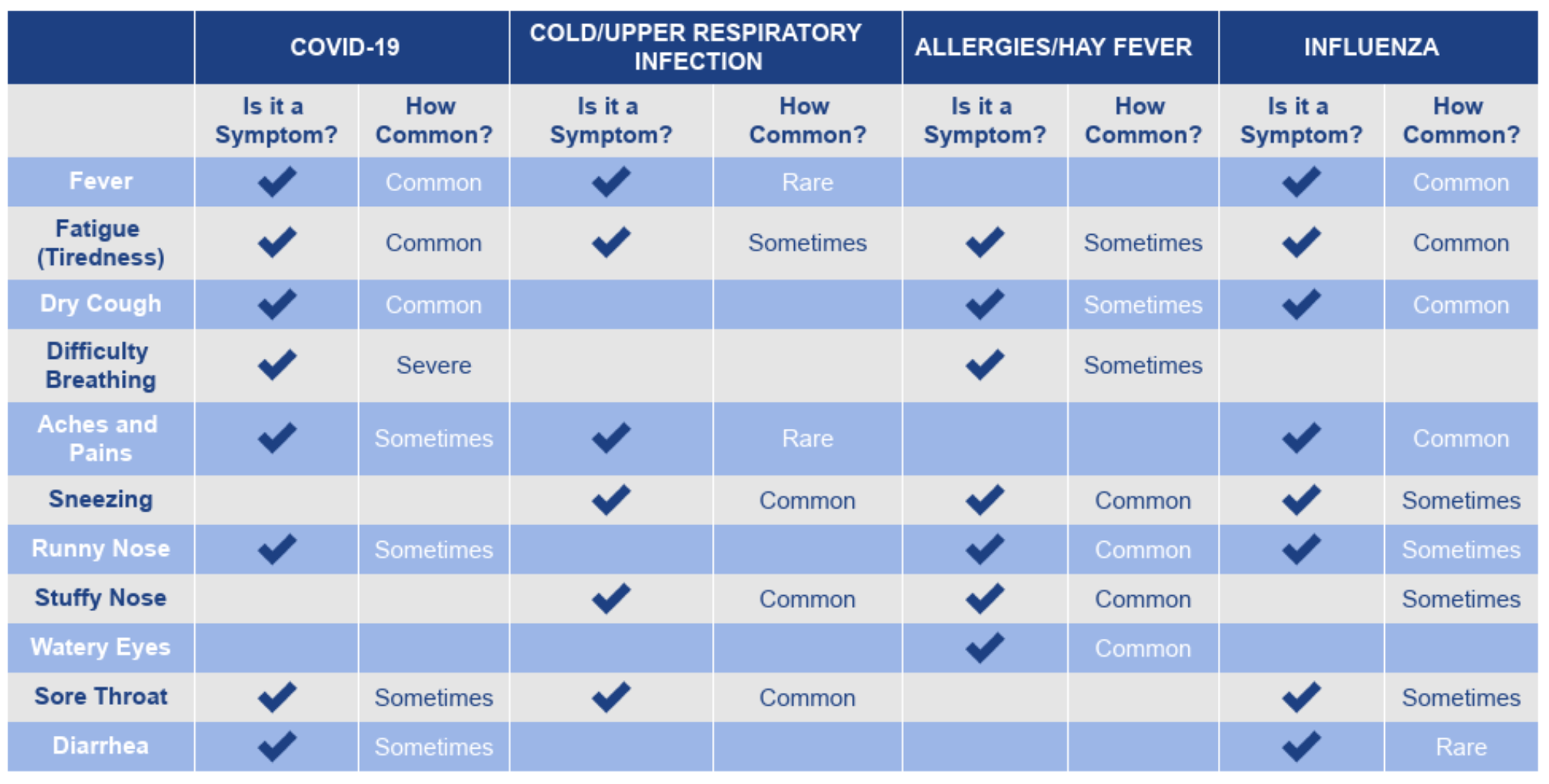What is Dengue Fever?
デング熱とは何ですか?
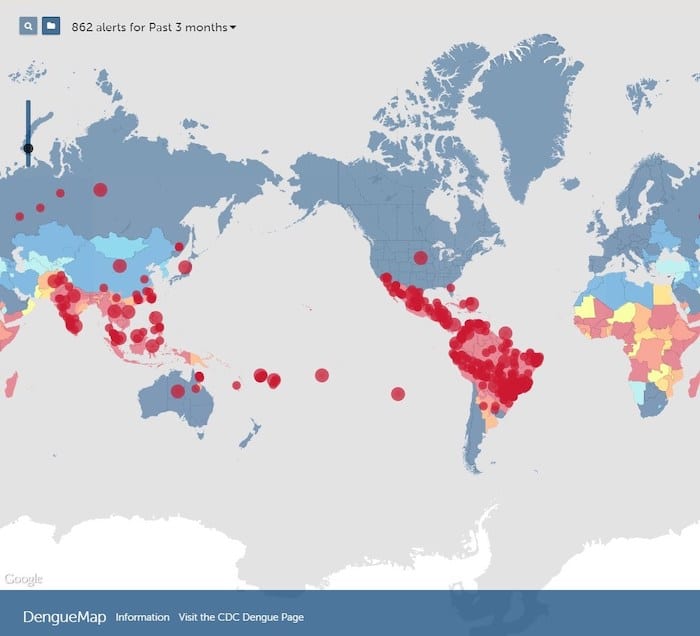
Dengue is a mosquito-borne viral infection. There are four Dengue serotypes, meaning that it is possible to be infected four times.
Symptoms typically begin 3-14 days after infection. These may include a high fever, headache, vomiting, muscle and joint pains, and a characteristic skin rash.
While many Dengue infections produce only mild illness, Dengue can cause an acute flu-like illness. Occasionally this develops into a potentially lethal complication, called severe Dengue haemorrhagic fever.
Severe dengue is a leading cause of serious illness and death in some Asian and Latin American countries. It requires management by medical professionals.
Please seek Medical attention as soon as possible if you are unsure of you or your family's health condition.
There is no specific treatment or vaccine for dengue/severe dengue. Early detection of disease progression associated with severe dengue, and access to proper medical care lowers fatality rates of severe dengue to below 1%.
Dengue is found in tropical and sub-tropical climates worldwide, mostly in urban and semi-urban areas.
The global incidence of dengue has grown dramatically in recent decades. About half of the world's population is now at risk. There are an estimated 100-400 million infections each year.
Dengue prevention and control depends on effective vector control measures. Sustained community involvement can improve vector control efforts substantially.
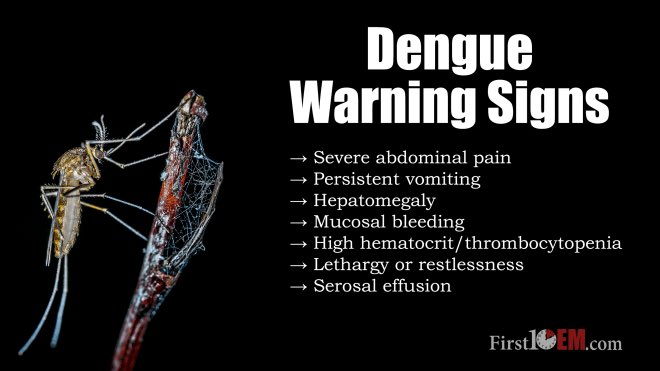
Dengue Fever Transmission 登革热传播
Mosquito-to-human transmission
The
virus is transmitted to humans through the bites of infected female
mosquitoes, primarily the Aedes aegypti mosquito.
After feeding on an dengue-infected person, the virus replicates in the mosquito midgut, before it disseminates to secondary tissues, including the salivary glands. Once infectious, the mosquito is capable of transmitting virus for the rest of its life.
Human-to-mosquito transmission
Mosquitoes can become infected from people who are viremic with Dengue. This can be someone who has a symptomatic dengue infection, someone who is yet to have a symptomatic infection (they are pre-symptomatic), but also people who show no signs of illness as well (they are asymptomatic).
Human-to-mosquito transmission can occur up to 2 days before someone shows symptoms of the illness, up to 2 days after the fever has resolved.
Source : WHO
Dengue Fever Signs & Symptoms 登革热症状和体征
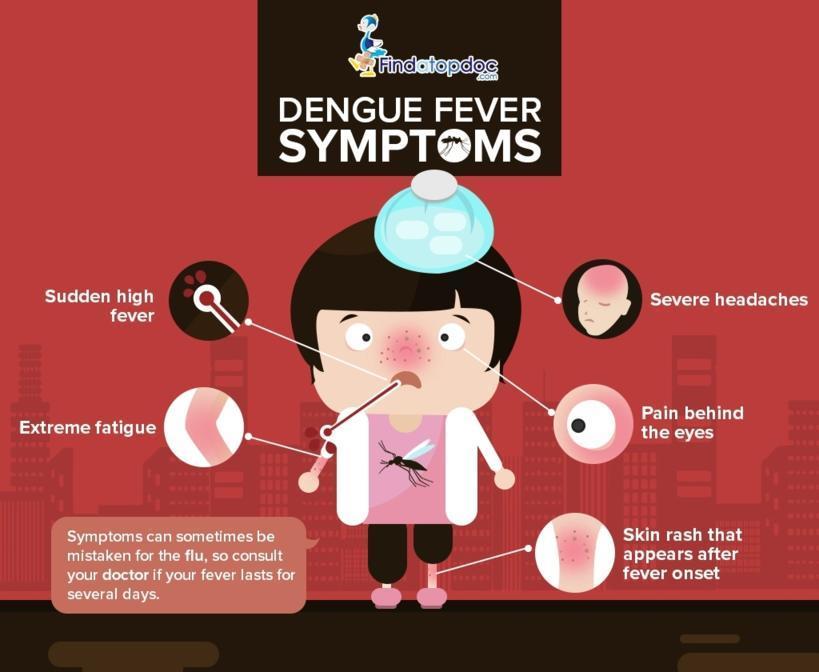
|
Dengue Dengue should be suspected when a high fever (40°C/104°F) is accompanied by 2 of the following symptoms during the febrile phase:
|
Severe Dengue A patient enters what is called the critical phase normally about 3-7 days after illness onset. It is at this time, when the fever is dropping (below 38°C/100°F) in the patient, that warning signs associated with severe dengue can manifest. Severe dengue is a potentially fatal complication, due to plasma leaking, fluid accumulation, respiratory distress, severe bleeding, or organ impairment. Warning signs that doctors should look for include:
|
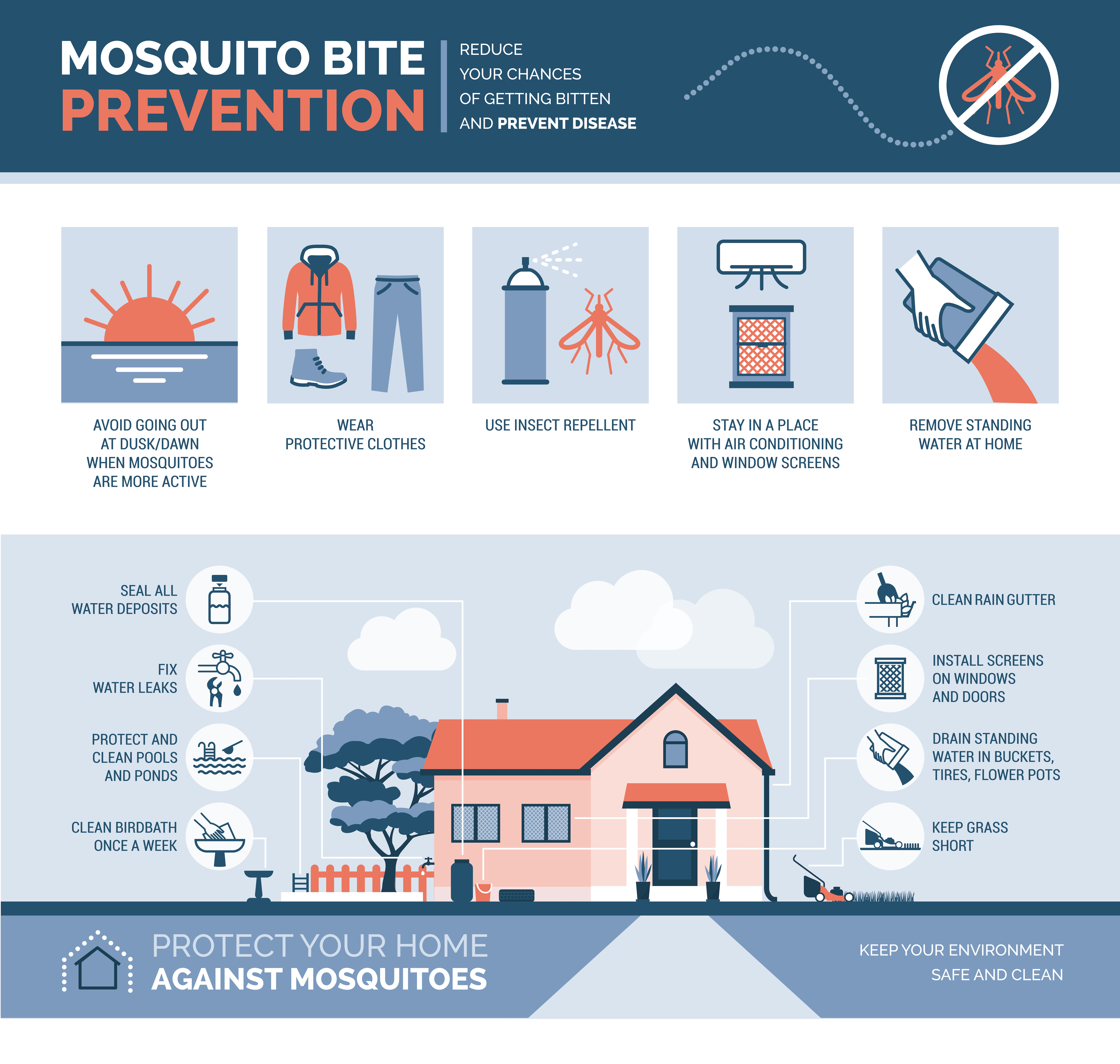
Mosquito Bites
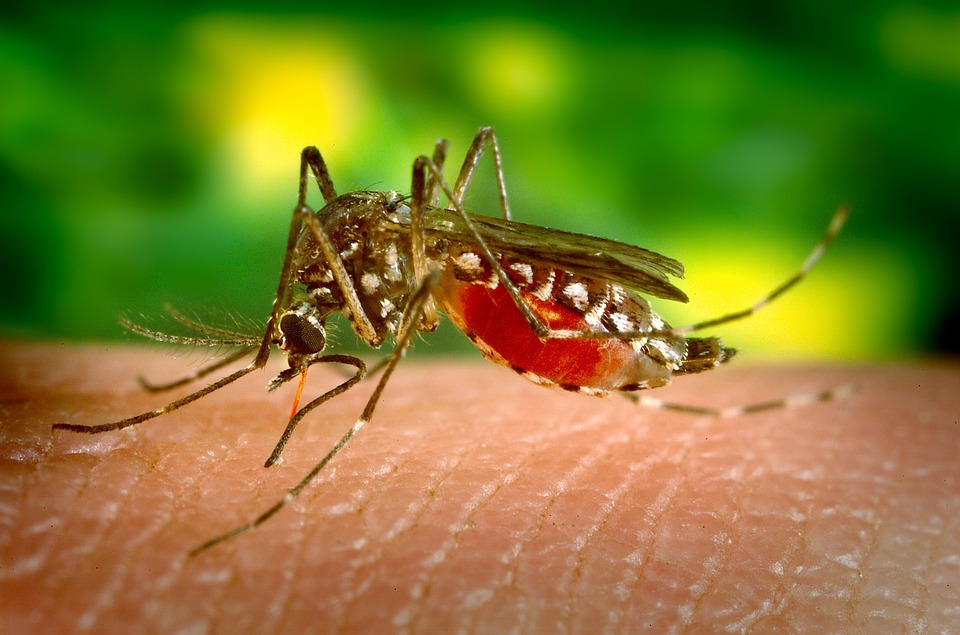 |
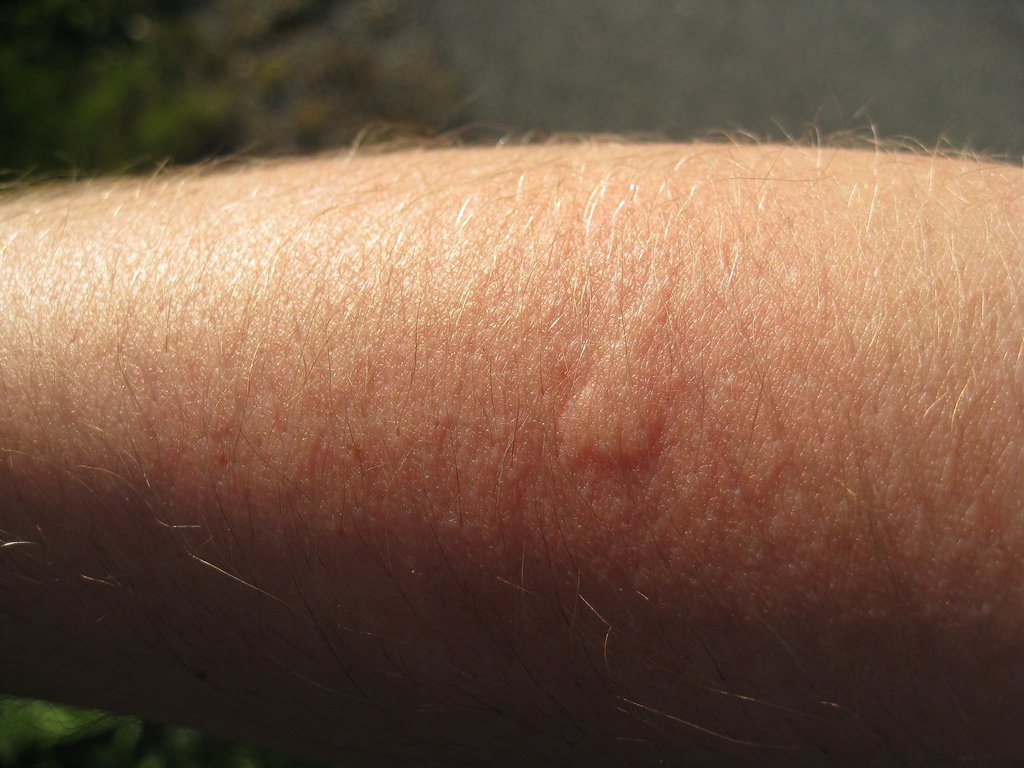 |
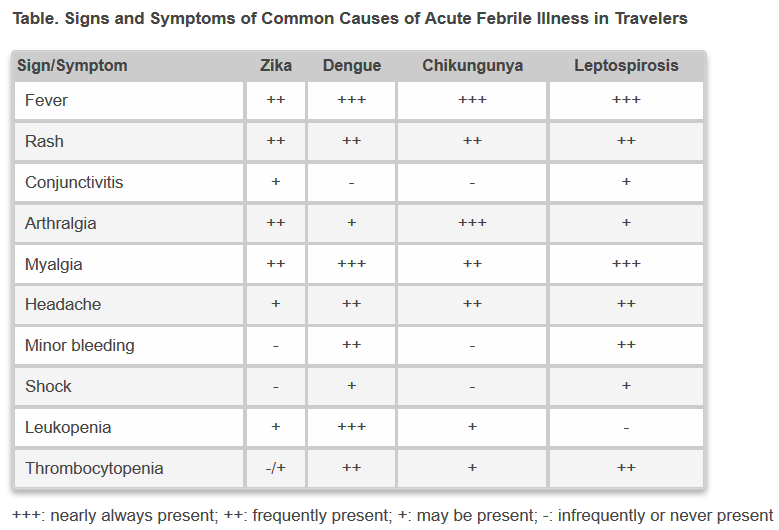
Dengue Prevention & Control 登革热防控
Immune-mediated Cytokine Storm plays a role in Severe Dengue
- Cytokine Storms may occur in Infectious Diseases (eg SARS, Dengue etc) and lead to health complications, negative medical outcomes and/or mortality.
This is a severe immune reaction in which the body releases too many cytokines into the blood too quickly. Cytokines play an important role in normal immune responses, but having a large amount of them released in the body all at once can be harmful. A cytokine storm can occur as a result of an infection, autoimmune condition, or other disease. It may also occur after treatment with some types of immunotherapy. Signs and symptoms include high fever, inflammation (redness and swelling), and severe fatigue and nausea. Sometimes, a cytokine storm may be severe or life threatening and lead to multiple organ failure.
Infectious Diseases - Dengue Fever, Influenza, Hepatitis B, COVID-19
Vitamins & Nutrients for a Well-functioning Immune System to Protect against COVID-19 & other Viral Infections
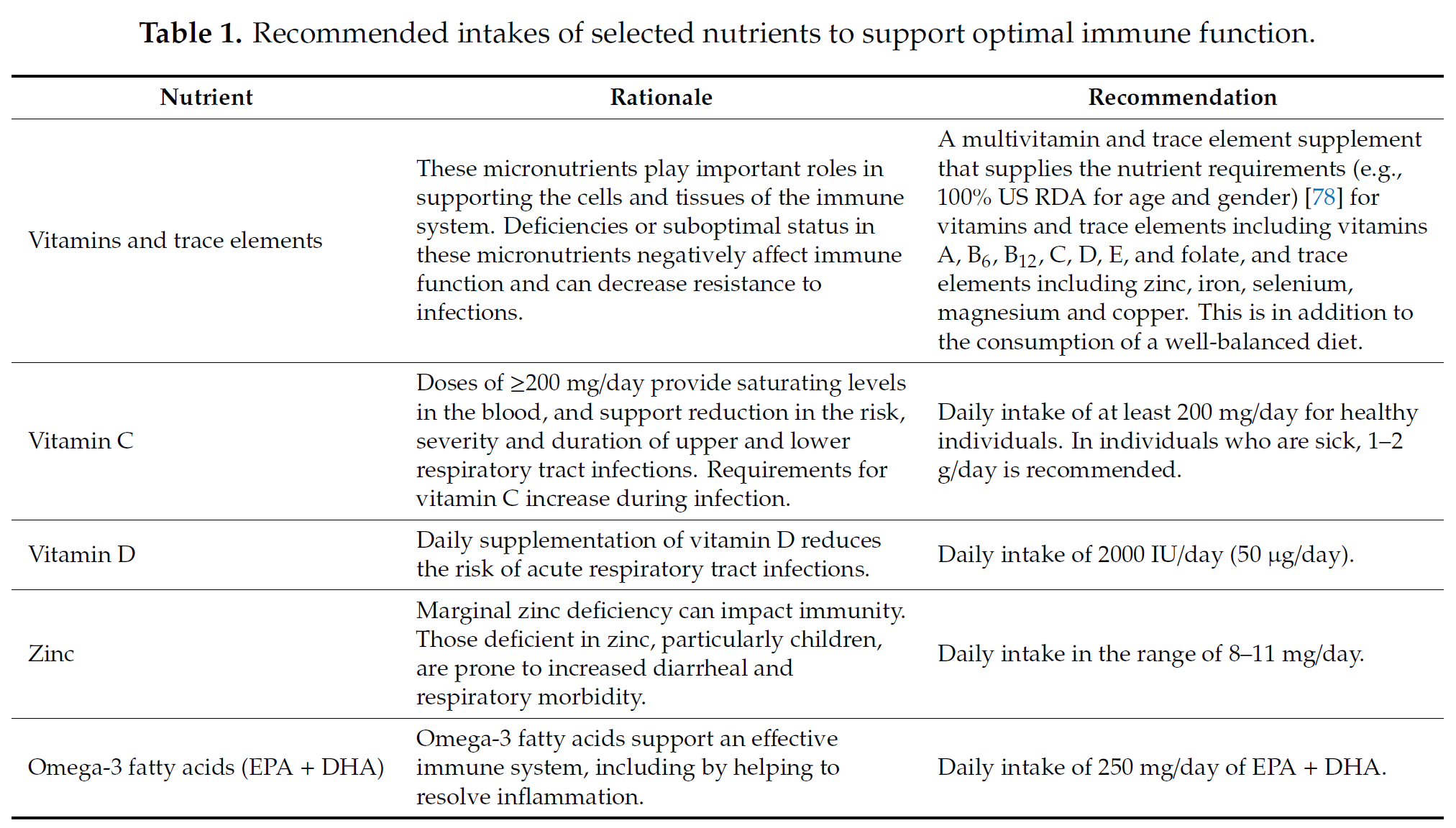
(Ref: Nutrients. 2020 Apr 23;12(4). pii: E1181. doi: 10.3390/nu12041181 Optimal Nutritional Status for a Well-Functioning Immune System Is an Important Factor to Protect against Viral Infections Calder PC1, Carr AC2, Gombart AF3, Eggersdorfer M4.
|
Latest Influenza Vaccine |
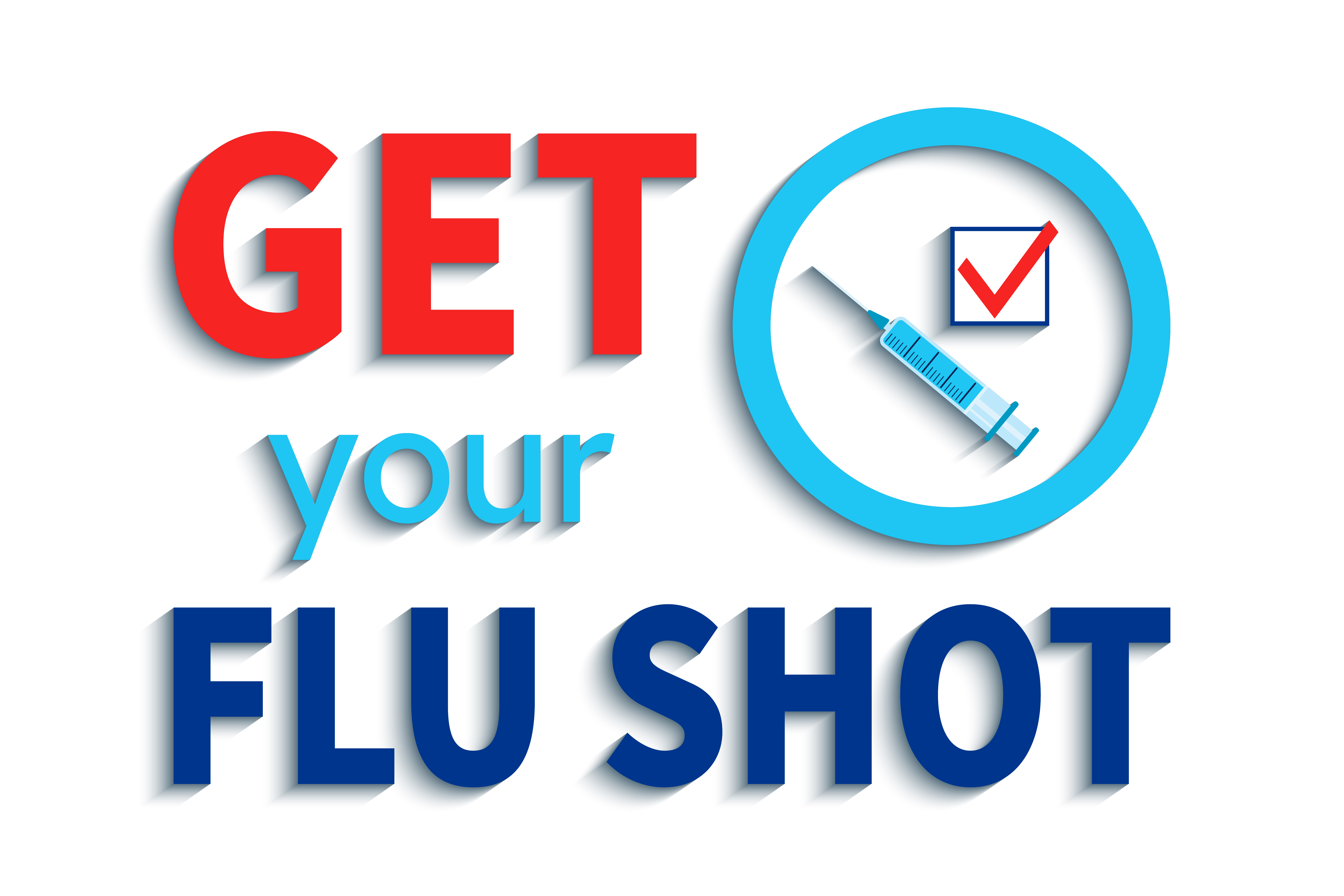 |
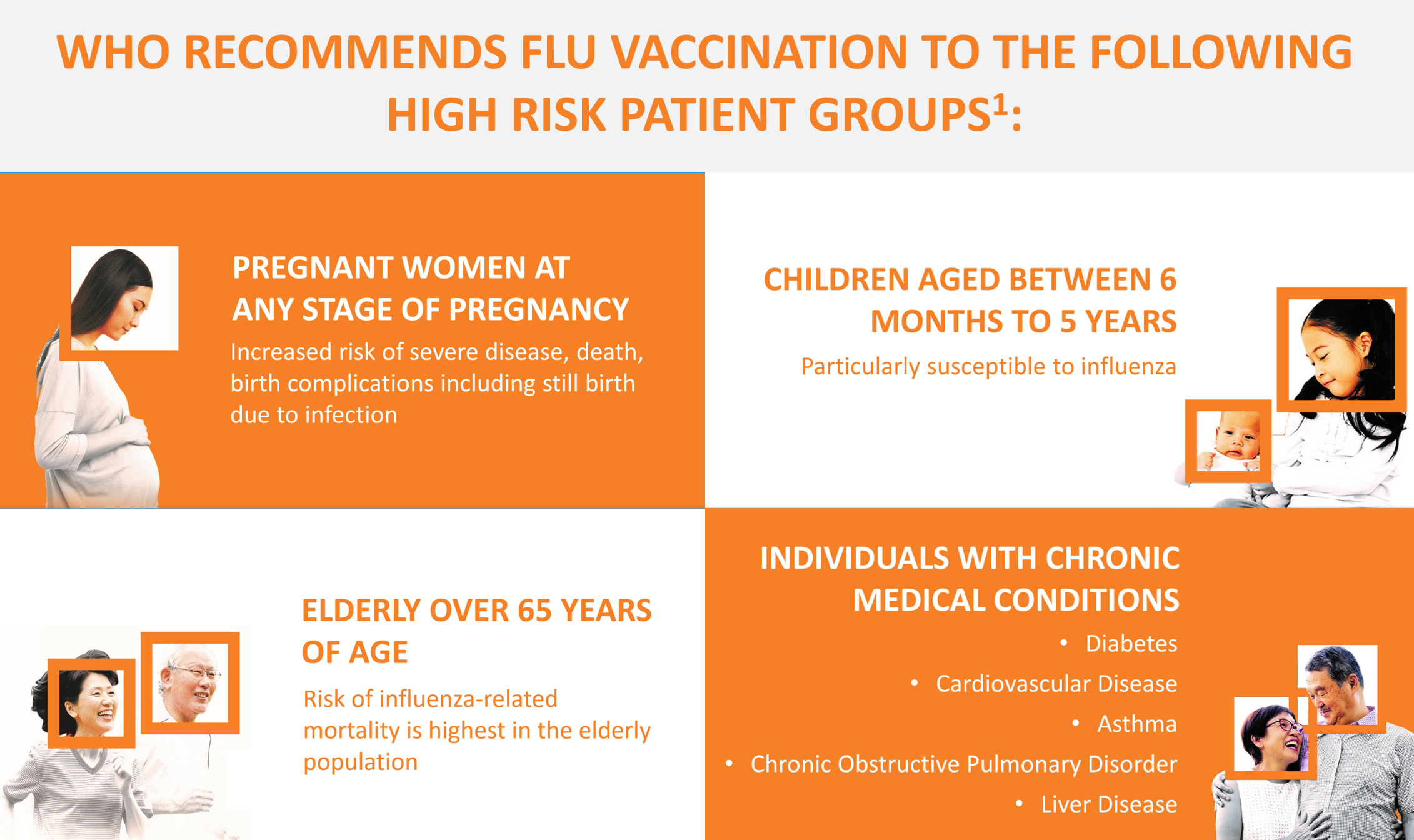
Asymptomatic patients may display no symptoms of illness. Vulnerable people should get vaccinated against Influenza which protects susceptible people from, as well as exclude the Flu and H1N1 viruses should they start to show URTI or ARI symptoms.
a. Vaccination decreases the risk of co-infection with COVID-19.
b. Vaccination reduces the burden of respiratory illnesses in the healthcare system.
The latest Influenza Vaccine is now available. It protects against the Flu and H1N1 Viruses. Ministry of Health Safety protocols are adhered to at all times for the safe vaccination of you and your family.
* Importance of Keeping your
Vaccinations Up-to-date
Co-infection of COVID-19 and Dengue virus is possible
Symptom Checker
– How COVID-19 Compares with Other Illnesses
Information obtained from CDC & World Health Organization
The information provided in this website is for knowledge purposes only. It does not constitute medical advice.
Should you encounter any medical problem that you are unsure of, always consult your doctor or health care provider for assistance and medical advice.
